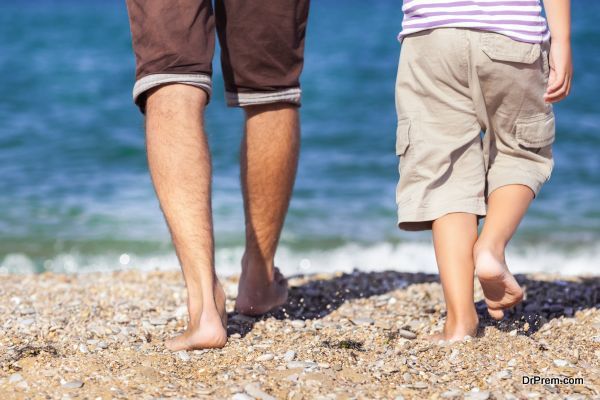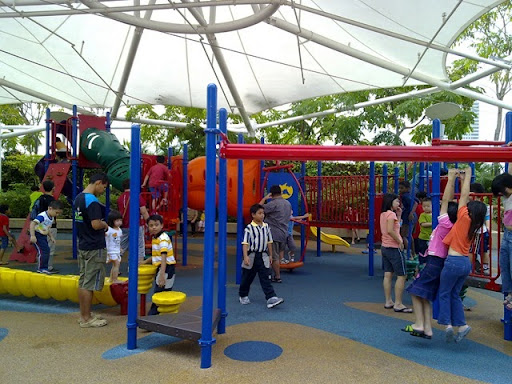We always think that foot problems only affect the older generations. While this is mainly true or just another foot care myth, the habits laid down in childhood can contribute toward painful feet in later life.
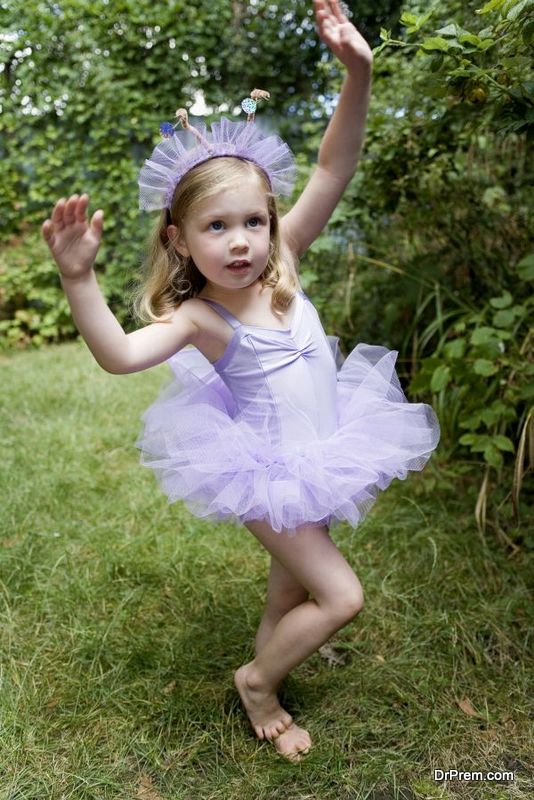
Good foot care starts early, even before your children can walk! It is not just important to prevent problems in middle and old age either, as we have all experienced that walk – the one ruined by a blister or a broken nail on the little darling’s pinky… Yes, good foot health is vital in the early years, when children are learning to run and play – painful feet can make your child reluctant to participate in sports or other games, which in turn affects his or her general health.
Here’s how you can give your child the best start in life from the ground up.
Check your children’s feet at least once a week – maybe when you clip their toenails. Look for any swelling, discolouration, unusual toe positions, verrucae or fungal infections. If you see anything unusual, take advice from your general physician. If your child is prone to fungal or nail problems, head somewhere like the Northwich Foot Clinic for maintenance (or the advice of your doctor).
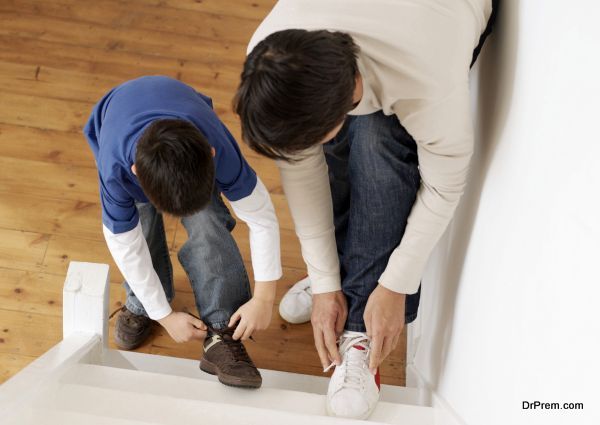
Make sure your child has properly fitting shoes. There should be at least a gap of 1cm between the toes and the end of the shoe and you should check every two weeks that they still fit. Children’s feet can have growth spurts to surprise you!
Start good hygiene early! Children like to be barefoot and to try on other people’s shoes, so while you cannot always prevent this, you can watch out for the inevitable fungal and viral effects! Washing and drying the feet every day is a good habit to get into, as is clipping the toenails straight across and not picking at them instead! As your children get older, encourage them to look after their feet by themselves.
While it is great to be sporty, some children overdo it, or play several different sports using the same shoes, which may not be right for all disciplines. Give your child a couple of rest days each week and make sure to change their sports shoes every academic year or season. Young bones can develop stress fractures very easily if they are overworked or crammed into too-small sports shoes.
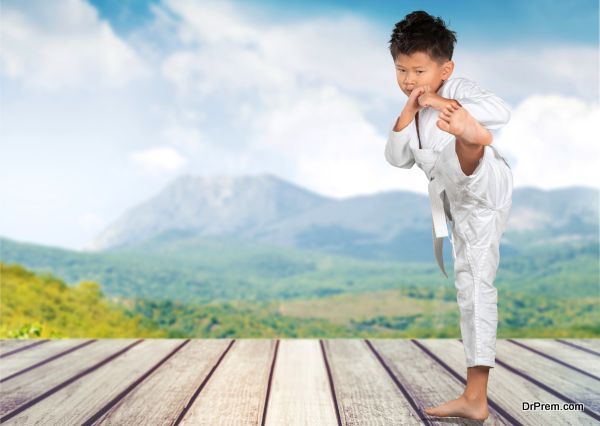
Watch your children closely when they walk, run and jump. Are there any changes to their gait or posture that you are clueless about? Are they reluctant to play a particular game or go on walks that they used to love? If they suddenly start falling over or tripping up more often, or if they can’t keep up with you or their friends when out and about, there may be an underlying problem with the foot or the ankle. Most often, these problems can be easily dealt with, so it’s wise to have them looked at before they have “knock-on” effects on the knees and hips.
Most of all, children should not have painful feet! If your child is complaining of pain or stiffness in their feet or ankles, see your doctor at the right earnest.
Article Submitted By Community Writer


